Nuzzle has gone the way of other free services I found useful. Nuzzle would scan your Twitter feed and rank the top submissions from those you followed. This was handy because you typically follow those who offer content you find useful and if several of this individuals would tweet something containing a common link there is a good chance you would want to it out. It was simply a check when you didn’t have the time to constantly scroll through your feed.
I noticed when I checked my Nuzzel app that there was nothing new since May 4 and after investigating I found that the service had been terminated.
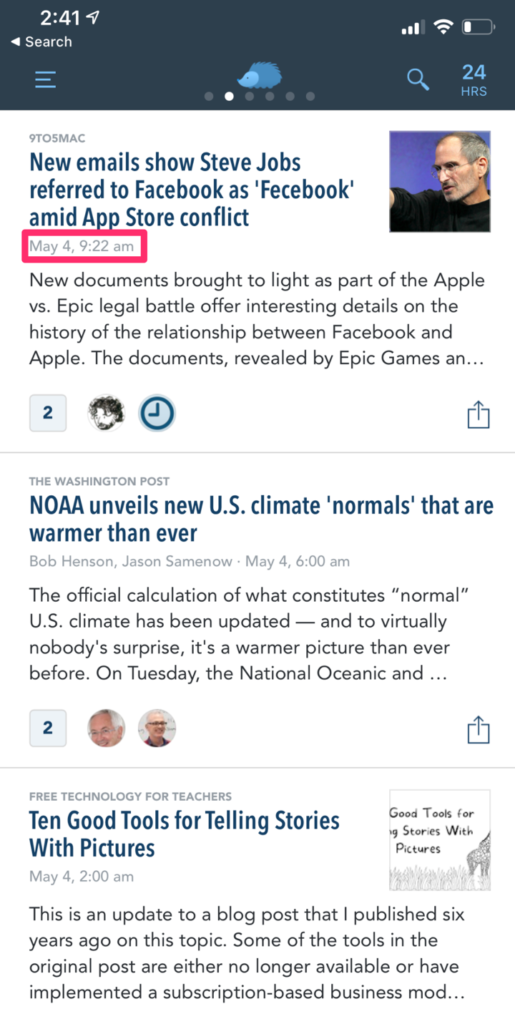
Nuzzel was purchased by Twitter and the word is that it may be repurposed as a newsletter. The newsletter format has become a revenue generation format for some services and content creators, but this would mean a new version of Nuzzle would become a subscription service.
TweetShelf has been developed to provide some of the same services. There is a free and a $7 per month pro version. I have not purchased the pro version so I have no opinion on whether the extra capabilities justify the cost.

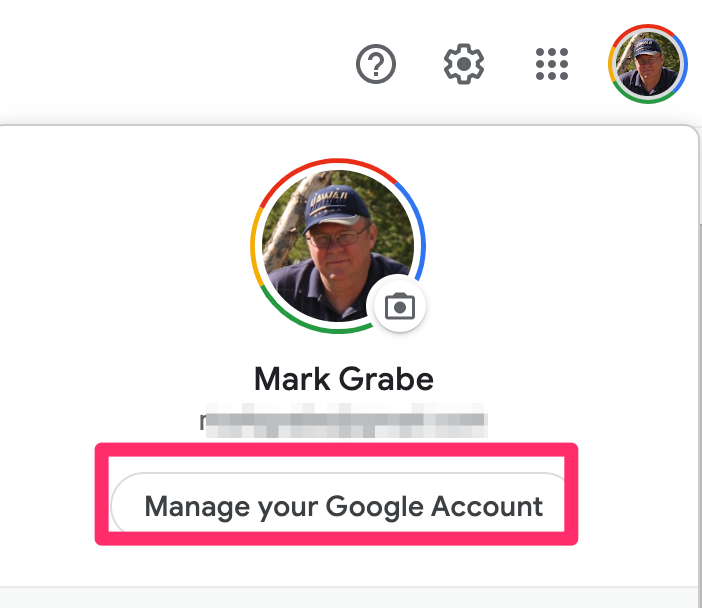
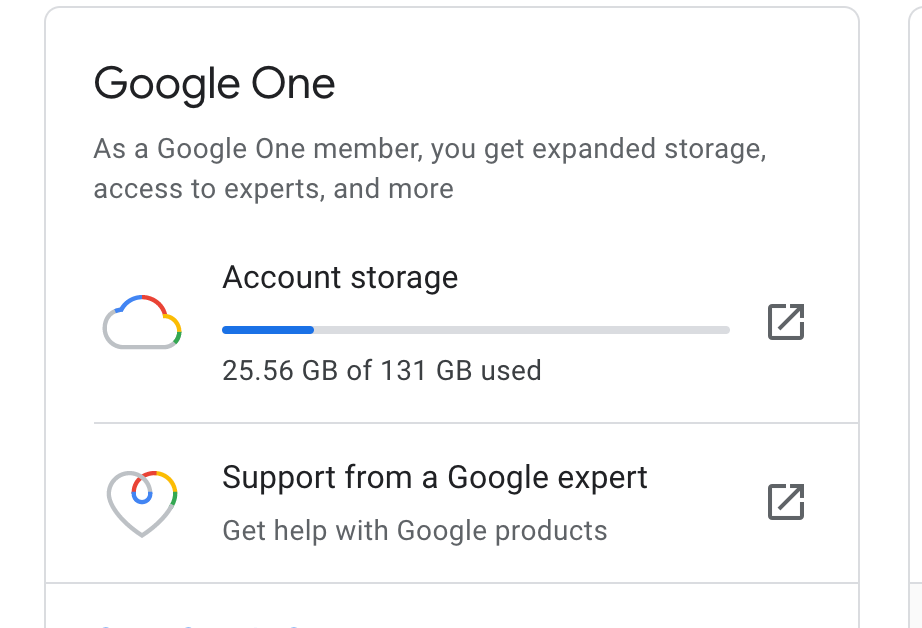
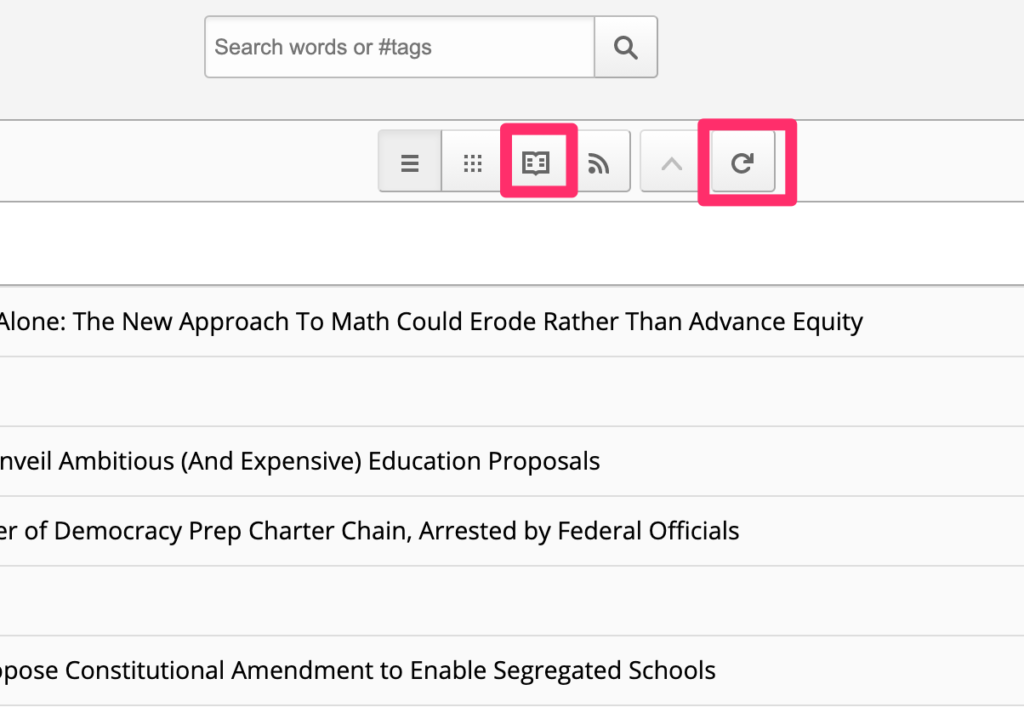
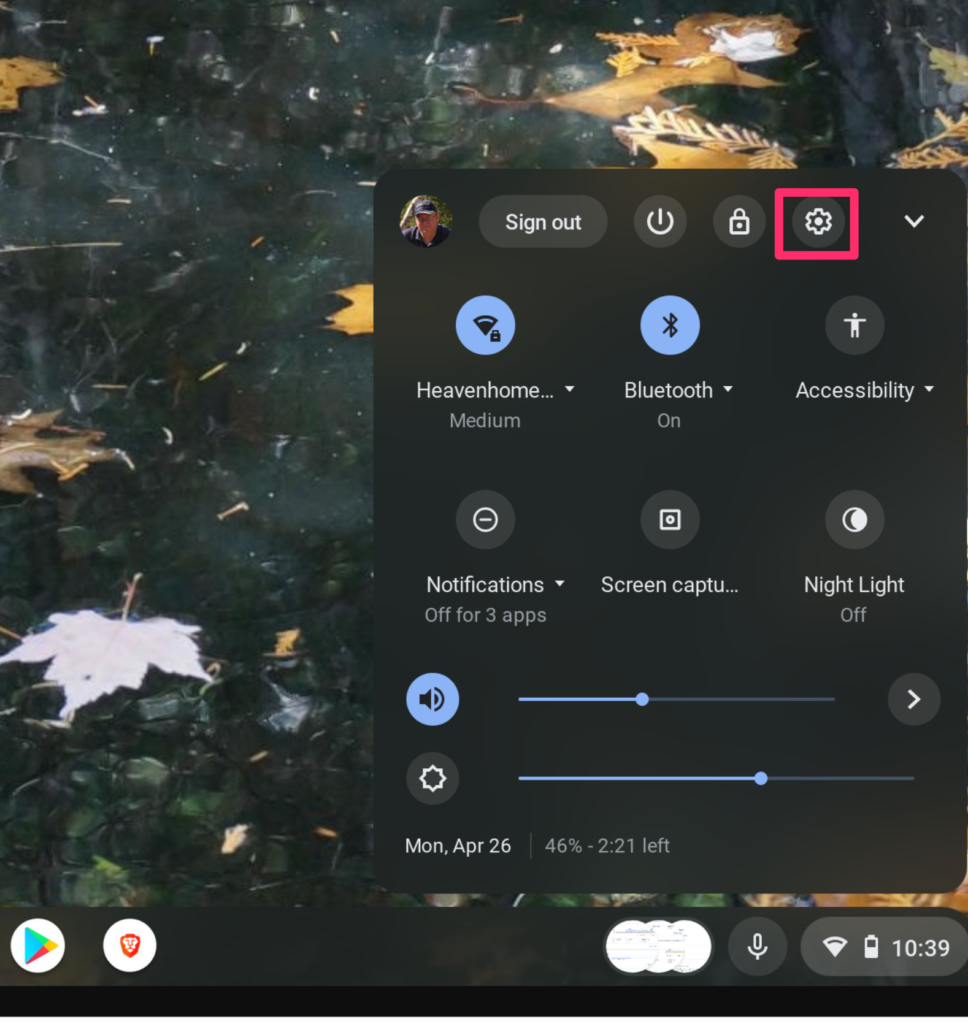
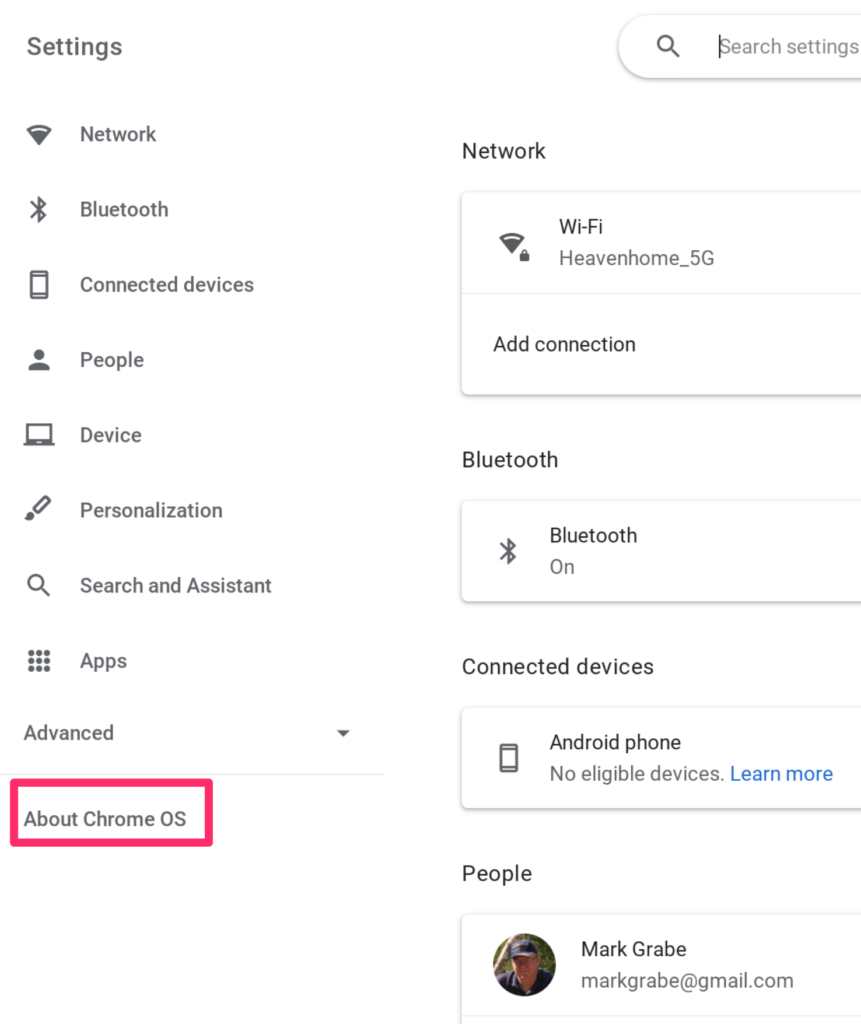
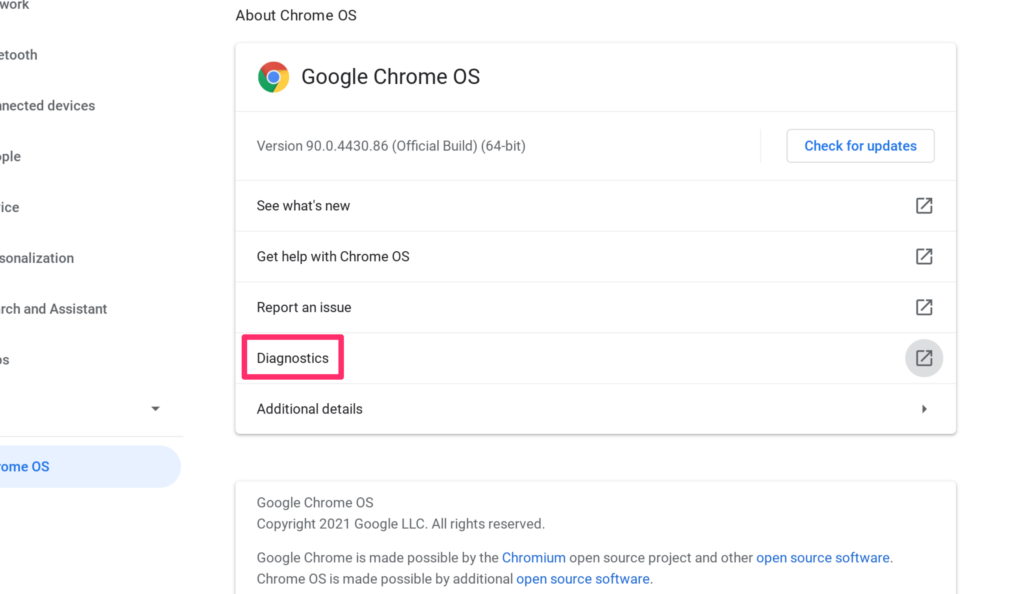
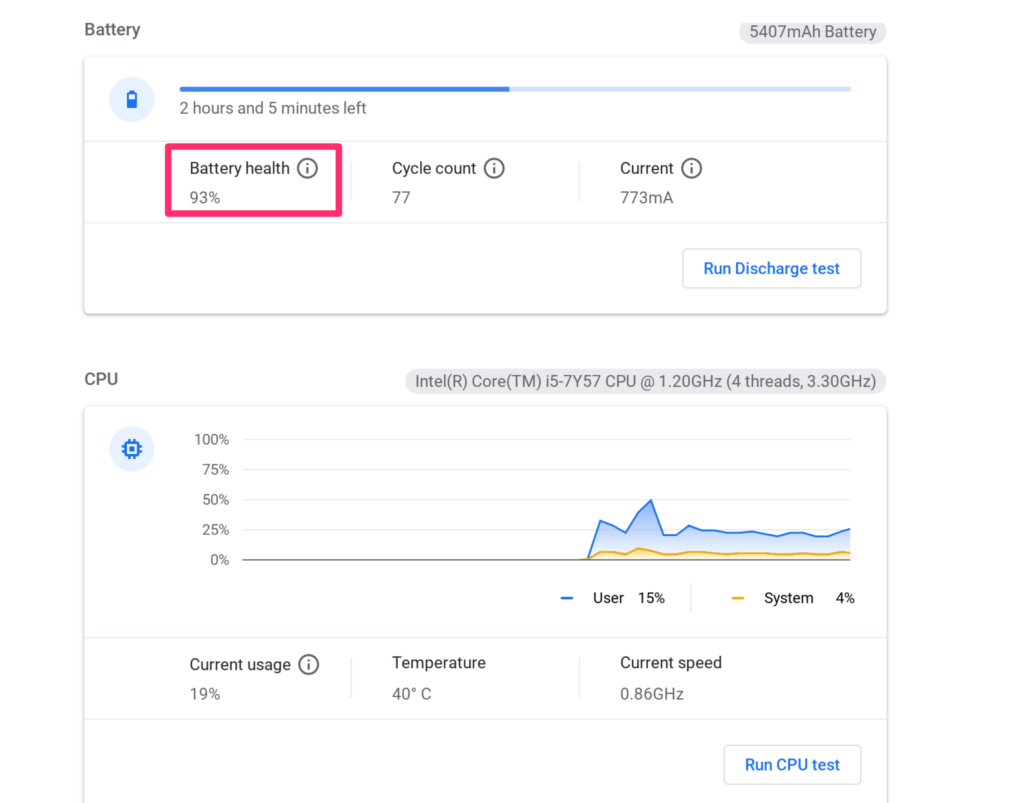
You must be logged in to post a comment.